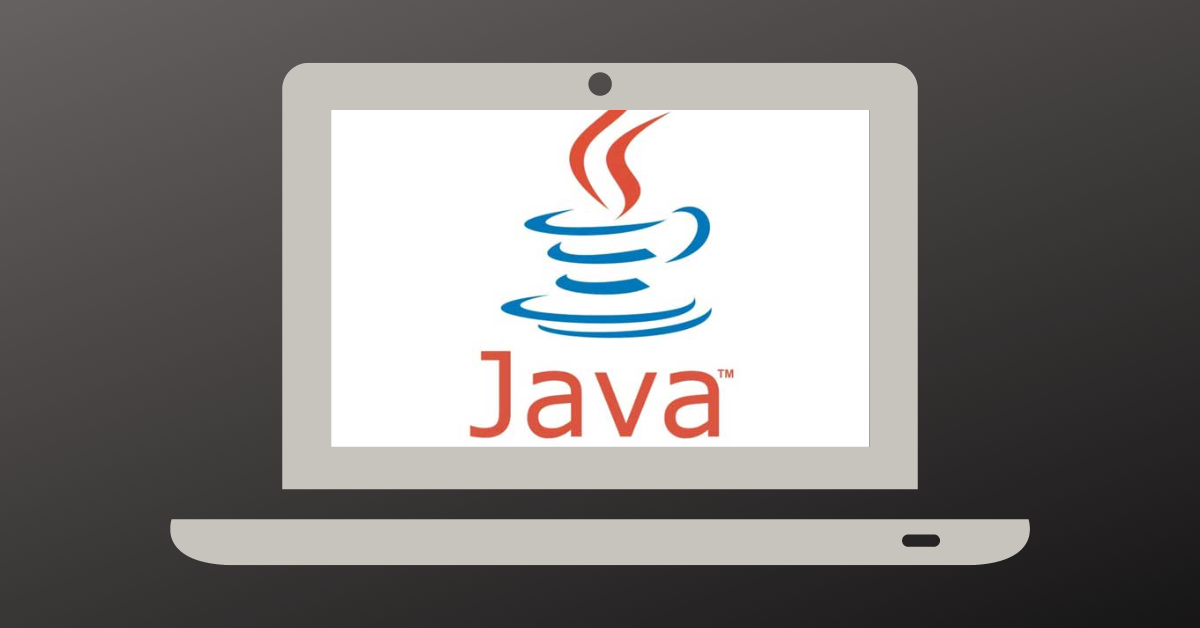Earlier this year, Oracle changed its Java SE Subscription requirements. Customers are now required to purchase Java SE Universal Subscriptions aligned with their total number of employees; even if they do not use the software directly, indirectly or at all. Additionally, customers are now required to license all Employees, Agents, Contractors, and third-party temporary workers who support internal business operations.
What does this mean for customers – new and old?
In essence, this new model will apply immediately for new customers, but existing customers may not see the new terms take effect until the next renewal. If you’re currently using any version of Java, it’s important to review your licensing situation. Oracle has stated in its FAQ that existing customers may renew their subscriptions on existing terms and pricing. However, it is important to note that Oracle has previously refused to take orders for Java SE licenses unless the end customer shared their deployment data with the Oracle sales team. Given this change in the licensing model, it is expected that Oracle sales teams will not renew orders under the older licensing model and will instead try to convince customers to switch to the new employee license metric.
If you are a current Java SE customer, it is likely that Oracle will contact you soon to discuss how your company can switch to the new employee license. It’s important to note that if you’re using Java SE for internal business operations, this new model could be beneficial for you, as the price will be lower for more employees. But if you’re using Java SE for external customers or other purposes, it could be more expensive than before.
For new customers, the new employee license metric for Java SE subscriptions will be the only option.
Additionally, customers may choose not to purchase Java SE at all and run without licenses and without security patches. However, this is not recommended as it exposes the customer to security vulnerabilities and potential legal risks.
What should Java customers do now?
Before customers decide to renew with Oracle, they should consider the potential costs associated. They should factor in their employee and partner counts, look at their current Processor requirements and make sure they match the terms defined by Oracle, to make an accurate estimation of any expenses they may incur.
Understanding what type of Java license you currently have is necessary to determine the most appropriate solution for your business, whether that be transitioning away from Oracle Java or purchasing Java SE subscriptions. Consider evaluating alternatives to Oracle Java, such as OpenJDK, which is a free and open-source implementation of the Java Platform, Standard Edition (Java SE). It is important to carefully evaluate your options and weigh the costs and benefits of each before making a decision.
We can help!
Our team offers expert advice on best practices for Java licensing and support in negotiations with Oracle Java Sales. We will help you optimize your Java licensing to ensure you are only paying for the licenses you need and are using them efficiently. If any compliance issues are identified, we will work with you to develop and implement a plan to address them.

